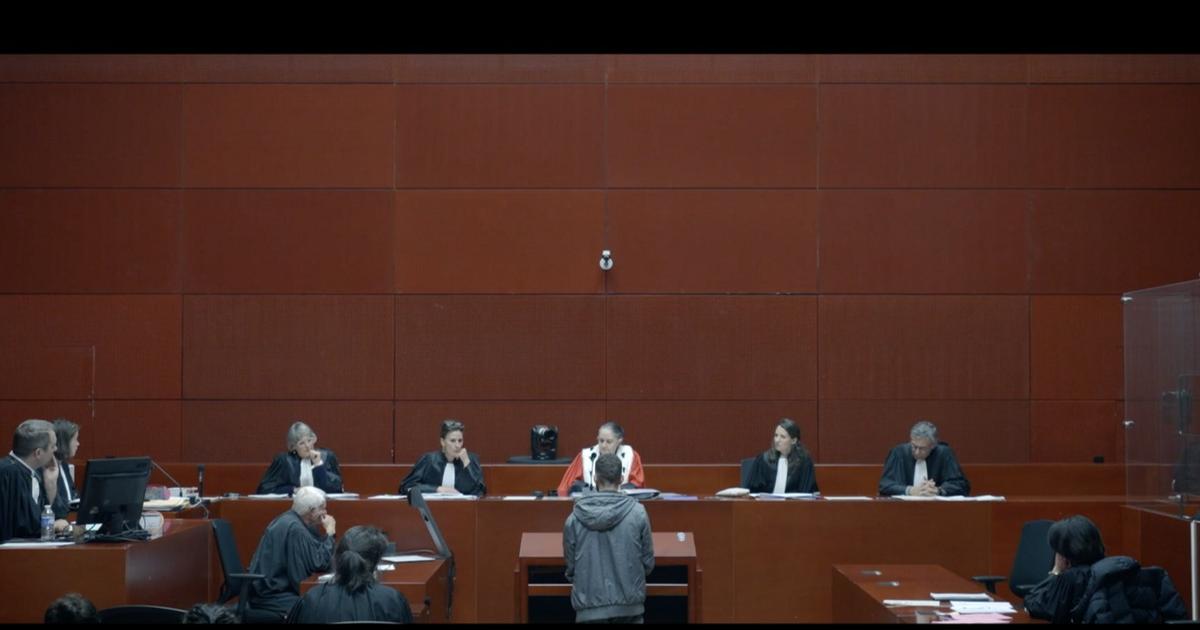The Law Reform Commission today (10th) published a report on "Causing or Leaving a Child or Vulnerable Adult’s Death or Serious Injury" report, recommending the establishment of a new crime, including targeting bystanders, if "reasonable steps are not taken" "To protect children under the age of 16 or vulnerable people, including the elderly and the disabled, from death or serious injury, it is recommended to impose criminal liability on bystanders.
"Responsibility for care" covers the "institutional environment" in addition to the home environment. Depending on the circumstances of the case, the responsibility should be borne by frontline staff, licensees or management.
The Law Reform Commission also recommends that the maximum penalty for a crime is 20 years’ imprisonment if the victim dies; and 15 years’ imprisonment if the victim is seriously injured, including permanently in a vegetative state.
Advocate for new laws covering psychological or spiritual harm
The Subcommittee recommends that the applicable victims include children under the age of 16 and vulnerable people, including the elderly and the disabled.
The definition of "serious injury" is determined by the court and jury. It is also specified that "injury" includes psychological or mental injury. If the defendant knows or has reasonable grounds to believe, the victim is at risk of serious injury, including sexual assault. Psychological or spiritual harm.
The defendant's subjective perspective will be taken into consideration, and it is not aimed at accidents.
The omission of bystanders must also be held criminally responsible
The proposed crime imposes criminal responsibility on bystanders.
In the past, because the prosecution could not prove without reasonable doubt which party was directly responsible, the accused parties were unable to convict the crime. What often made the situation more complicated was that the suspect and other family members remained silent.
What are reasonable steps? The report’s recommendations include the defendant’s personal circumstances and characteristics, such as the defendant’s young age, and whether the defendant has been subjected to domestic violence or coercion, such as the helpers face power imbalances.
Covers institutional environmental caregivers
How to define the responsibility of taking care of the victim? In the home environment, it covers "members of the same household" and has "frequent contact" with the victim, which can include family members or caregivers, such as someone who spends a lot of time and often When visiting a certain household, regardless of the formal relationship between the person and the victim, it can be regarded as a “member of the same household”, which can include non-cohabiting partners, residents of sub-units or co-living units, frequent visiting relatives, neighbors, friend.
Eating meals in the household, or habitual participation in the household’s outings and other family social activities and daily activities will be considered in the bill, and then it will be decided on a case-by-case basis whether it is a "member of the same household."
The report pointed out that in addition to the home environment, it also covers the "institutional environment", that is, the education sector and the care service sector. Since there may be multiple caregivers in the homes, if a case occurs, it should be borne by frontline staff, licensees or management Responsibilities will depend on the situation and allow the court to consider each case with a flexible approach.
The Law Reform Commission today (10th) published a report on "Causing or Allowing the Death or Serious Injury of Children or Vulnerable Adults".
(Photo by Zheng Qiuling)
Bystanders fail to protect the victim and cause death can be imprisoned for 20 years
The proposed maximum penalty for the new crime is 20 years’ imprisonment if the victim dies in the case; and 15 years’ imprisonment if the victim is seriously injured, including permanently in a vegetative state.
Since the proposed crime is based on the defendant’s failure to take steps to protect the victim, the prosecution does not need to prove whether the defendant has committed the relevant "illegal act or neglect."
The chairman of the subcommittee Wei Kaiwen emphasized: "Nevertheless, the prosecution must prove all the elements of the proposed crime without reasonable doubt, so the defendant's right to a fair trial is not compromised."
Prosecution of the proposed offence requires the consent of the Secretary for Justice.
The Law Reform Commission advocates the establishment of "no protection crimes". The social workers are worried about affecting work: the case of the first girl torture and murder is reported by the Law Reform Commission. The caregivers can be exempted from notifications. The Criminal Liability Commission advocates arbitration. Monthly public consultation on the proposed fee structure and setting the upper limit The Law Reform Council will consult members on the penalties for sexual offences to promote the increase of secret photographs of skirts and the penalty rules for "voyeurism" The Law Reform Council proposes to expand the conviction record check mechanism for sexual offences to be compulsory when appropriate
01News








/cloudfront-eu-central-1.images.arcpublishing.com/prisa/2LRPBTQQ4E4LXICPWKPWK2HCIQ.jpg)






